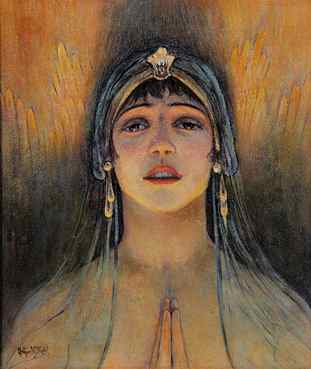Tag: Reverence
-

Prayers for the Dark Night in Aurora
I don’t often weigh in on national news. That isn’t really the focus of this blog. But today, national news went local. I live just south of Denver, in the city of Englewood. My home is about 20 minutes from Aurora, the scene of a gruesome mass-killing which took place last night at a midnight […]
-

The Action of Worship
My religion is experienced in the doing. This became clear to me as I entered the sacred space of our ADF ritual at Pantheacon, lifted my voice to invoke the spirit of Inspiration, and, for a moment, left my mind behind. When I stepped in front of the altar and began to sing, I was […]

